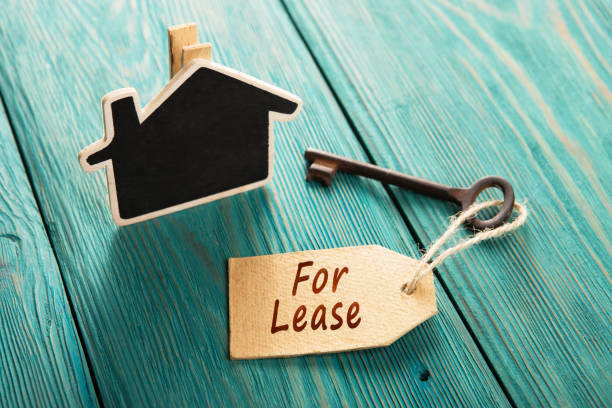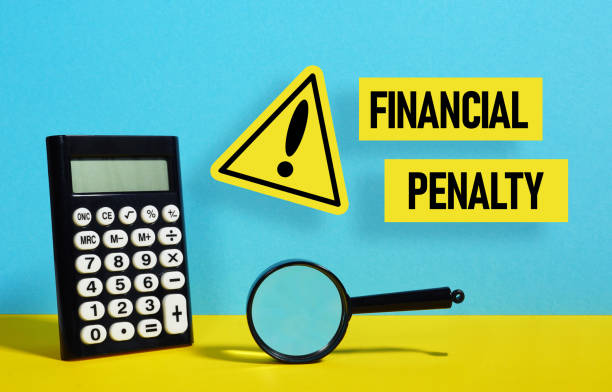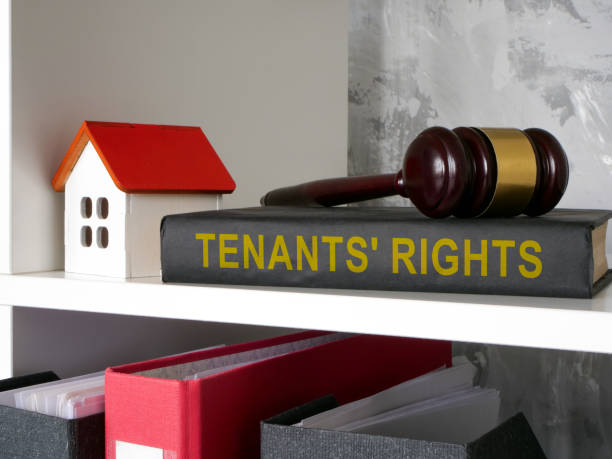
Leasing an apartment or rental property is a legally binding agreement between a tenant and a landlord. But life doesn’t always go according to plan—so what happens if you break a lease? Whether due to a job relocation, family emergency, financial hardship, or personal changes, breaking a lease can come with real consequences.
Understanding what happens if you break a lease early is essential to protecting your credit, finances, and rental history. This article explores what breaking a lease actually means, why tenants often do it, the legal and financial outcomes, and how tenant rights can work in your favor.
What Does It Mean to Break a Lease?
To “break a lease” means ending a rental agreement before its scheduled end date. Leases are contracts—typically for 6 or 12 months—that outline the duties of both tenant and landlord. Once signed, the lease is binding.
If you break a lease, what happens next depends on the terms outlined in the lease, your state’s landlord-tenant laws, and how the situation is handled. Simply leaving without notice or legal cause is considered a breach of contract and could lead to consequences.
Some leases include early termination clauses that outline steps for leaving legally, such as giving 30 or 60 days’ notice or paying a lease break fee. Others are stricter, requiring you to find a replacement tenant or continue paying until the unit is re-rented.
Common Reasons Tenants Break a Lease
Tenants break leases for many reasons, and not all are within their control. Understanding the “why” behind an early lease termination helps clarify what happens if you break a lease early—and whether it’s legally justified. Common reasons include:
-
Job Relocation or Transfer: Career opportunities may require sudden moves to a different city or state.
-
Military Deployment: Active-duty service members may receive orders that require them to move quickly.
-
Financial Hardship: Loss of a job, reduction in hours, or rising expenses can make rent unaffordable.
-
Unsafe Living Conditions: Mold, infestations, broken heating, or security issues may violate housing codes.
-
Health Issues or Disability: A change in medical needs might require relocation to accessible housing.
-
Domestic Violence: Survivors often need to relocate quickly for safety.
-
Relationship Changes: Breakups or divorces frequently result in one or both parties moving out.
-
Desire to Buy a Home: A tenant may want to break the lease to invest in their first property.
Understanding your reason is key—because some are protected under tenant rights laws, while others may still carry penalties.

Legal Consequences of Breaking a Lease Early
So, what happens if you break a lease early? The legal consequences vary depending on your state’s laws and your landlord’s willingness to negotiate. In general, breaking a lease without a legally valid reason could result in:
-
Lawsuits for Unpaid Rent: If you leave without paying, the landlord can sue you for the remaining balance.
-
Eviction Record: If you abandon the unit without notice or cause property damage, the landlord could file for eviction.
-
Contract Breach Penalties: Some landlords include stipulations for legal fees or collection costs in the lease.
However, many states require landlords to make reasonable efforts to re-rent the unit—a concept called “mitigating damages.” This means you may only be responsible for the rent until a new tenant is found.
Financial Costs and Penalties You Might Face
When it comes to finances, if you break a lease, what happens can hit your wallet hard. The most common financial penalties include:
-
Loss of Security Deposit: If you break your lease early, your landlord may keep your deposit for unpaid rent or damages.
-
Early Termination Fees: Many leases include clauses stating a flat fee (usually one or two months’ rent) for ending early.
-
Ongoing Rent Payments: Until the landlord finds a new tenant, you may be responsible for continued rent—even if you’ve moved out.
-
Utility Disconnection Charges: Forgetting to transfer or disconnect utilities can result in extra bills.
-
Cleaning and Repair Fees: If you leave the unit in poor condition, you may be charged for repairs or cleaning.
-
Legal or Collection Costs: If the landlord takes legal action or sends the balance to collections, you could be on the hook for those costs too.
Negotiating with your landlord or helping to find a replacement tenant may reduce or eliminate many of these charges.

Your Tenant Rights and Protections Under the Law
Fortunately, tenants do have rights. Many states have built-in legal protections that allow you to break a lease without major penalties, especially in extreme circumstances. For example:
-
Military Service Protections: The Servicemembers Civil Relief Act (SCRA) lets active-duty military members terminate leases without penalty with proper notice.
-
Uninhabitable Housing: If your rental doesn’t meet safety, health, or structural standards, you may be able to leave legally.
-
Victims of Domestic Violence: Most states allow domestic violence survivors to break a lease early with documentation (like a restraining order or police report).
-
Medical Reasons: A doctor’s note verifying that a home is unsuitable for your health needs might qualify you for early termination.
-
Constructive Eviction: If your landlord fails to provide essential services—like heat, water, or security—you may be able to terminate the lease without penalty.
Always research your state’s tenant protection laws or consult a tenant lawyer before making a move.

Conclusion
Breaking a lease is not a decision to take lightly. But now that you know what happens if you break a lease and understand the legal and financial implications, you can navigate the situation more confidently. Whether your lease break is due to hardship, opportunity, or necessity, being transparent with your landlord, understanding your rights, and reviewing your lease terms can make all the difference.
If your lease break is the first step toward a real estate investment journey—or if you’re curious about turning rental property challenges into opportunity—check out Dwanderful.
Dwanderful is led by Dwan Bent-Twyford, a seasoned real estate investor and podcast host who offers down-to-earth advice for beginners and professionals alike. She provides powerful tools to help you transition from renting to investing.
Grab her free book: Real Estate Lingo—a must-read that breaks down complex real estate terms into simple language. For those ready to level up, explore her paid book, Five Pillars of Real Estate Investing, which dives deep into proven strategies for building long-term wealth.
Curious if you’ve got what it takes to be a successful real estate investor? Take Dwan’s quiz game and discover how you could generate six figures in the next six months—whether you’re buying your first property or your next. It takes less than a minute and might just change your life. Contact us now!
Frequently Asked Questions
Can Breaking a Lease Affect My Credit Score?
Yes, but not directly from the lease break itself. If your landlord sends unpaid rent or fees to a collection agency, or takes legal action and wins a judgment, it can negatively affect your credit score. Always try to settle debts before leaving a property.
Are There Legitimate Reasons to Break a Lease Without Penalty?
Yes. Legal justifications vary by state but commonly include military deployment, unsafe housing, domestic violence, and medical issues. In these cases, you may be able to terminate the lease early with proper documentation and avoid financial penalties.
Can I Negotiate with My Landlord to End the Lease Early?
Absolutely. Many landlords are open to negotiation, especially if you give sufficient notice, help find a new tenant, or offer to pay an early termination fee. Open communication and flexibility go a long way in finding a solution that works for both sides.
If you’re wondering what happens if you break a lease early, the key is to stay informed, act responsibly, and explore all your options. With the right approach, breaking a lease doesn’t have to break your budget or your future plans.


